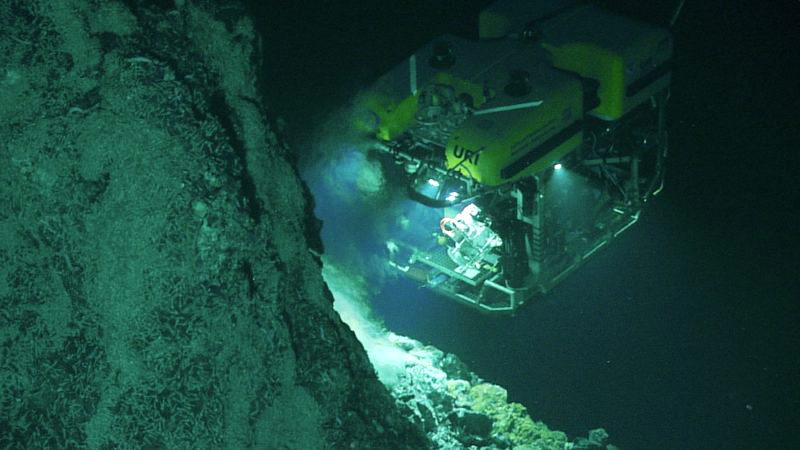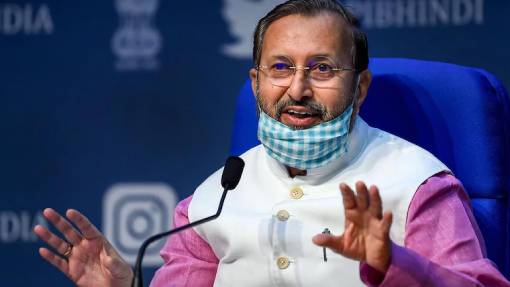New Delhi – The Union cabinet approved the ‘Deep Sea Mission’ for survey and exploration; study for mineral deposits in the Indian marine region. There are mineral deposits in the deeper part of the Indian maritime region. There is huge biodiversity in these maritime regions. No satisfactory studies have so far been conducted on this. Therefore, the Earth Science Department submitted a proposal for the Deep Ocean Mission. It is being claimed that approval of this proposal will provide an impetus to the Blue Economy policy of the Indian government.
 Deep Ocean Mission is an ambitious Indian plan, and the main goal of the mission is to strengthen the Blue Economy. Only the United States, Russia, France, Japan and China have the technology necessary to carry out exploration and surveys in deep seas in the world. The Deep Ocean Mission has been initiated to ensure that India, having a huge coastline and surrounded by the sea on three sides, does not lag on this front. Therefore, Union Minister Prakash Javadekar expressed confidence that India will become the sixth country to acquire Deep Ocean exploration capabilities.
Deep Ocean Mission is an ambitious Indian plan, and the main goal of the mission is to strengthen the Blue Economy. Only the United States, Russia, France, Japan and China have the technology necessary to carry out exploration and surveys in deep seas in the world. The Deep Ocean Mission has been initiated to ensure that India, having a huge coastline and surrounded by the sea on three sides, does not lag on this front. Therefore, Union Minister Prakash Javadekar expressed confidence that India will become the sixth country to acquire Deep Ocean exploration capabilities.
The mission envisages developing crewed submarines capable of diving up to 6,000 metres, sensors and other equipment required for deep-sea exploration. Cooperation will also be taken from the leading institutions and private companies to develop the technology for deep-sea exploration. The mission will be to develop technology to establish marine stations for marine life sciences necessary for searching the marine wealth, survey, and exploration.
Union Minister Prakash Javadekar informed ‘Surveys and research missions will be carried out for searching energy sources. Seawater desalination projects will also be implemented. Studies of biodiversity will be also be carried out. Services like studying the effects of climate changes on the marine region and forecast based on the findings will also be provided under this mission.’
 Javadekar said ‘The Deep Ocean Mission will be implemented over the next five years. The estimated expense for the implementation is ₹ 4.077 billion and the estimated expense in the first three years will be ₹2.823 billion.’ Javadekar added further ‘30% of the Indian population lives in the coastal areas. The fishing, marine farming, trade through the sea routes is a major pillar of the Indian economy. But 90% of the Deep-sea region remains unexplored. Seas are not only a source of food, medicinal plants, minerals and energy, but is also is the foundation of life on earth. Therefore, the blue economy is being prioritised, identifying the potential of the marine sector. The Deep Ocean Mission will prove vital for this purpose.’
Javadekar said ‘The Deep Ocean Mission will be implemented over the next five years. The estimated expense for the implementation is ₹ 4.077 billion and the estimated expense in the first three years will be ₹2.823 billion.’ Javadekar added further ‘30% of the Indian population lives in the coastal areas. The fishing, marine farming, trade through the sea routes is a major pillar of the Indian economy. But 90% of the Deep-sea region remains unexplored. Seas are not only a source of food, medicinal plants, minerals and energy, but is also is the foundation of life on earth. Therefore, the blue economy is being prioritised, identifying the potential of the marine sector. The Deep Ocean Mission will prove vital for this purpose.’








